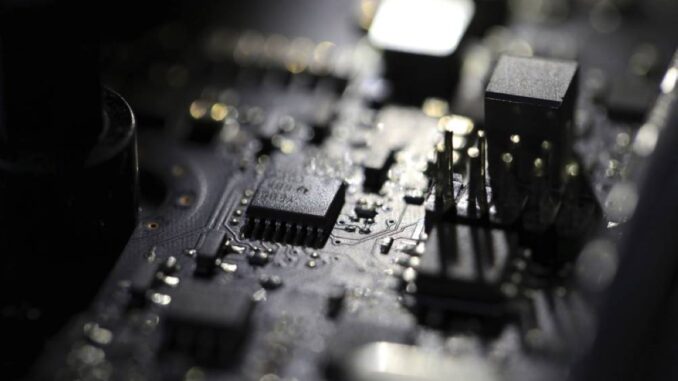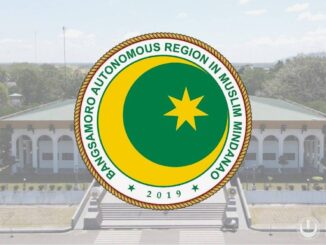
THE Konektadong Pinoy bill could put the internet infrastructure of the Philippines at high risk for cyberattacks, an independent policy research organization warned Wednesday.
According to the Stratbase ADR Institute, telecommunications and cybersecurity experts have raised alarm over the bill saying it could “open the door for foreign actors to launch cyberattacks against the digital infrastructure of the country.”
Senate Bill 2699, also known as the Open Access in Data Transmission bill, aims to strengthen the country’s internet infrastructure and enhance digital connectivity.
Authored by Sen. Alan Peter Cayetano, the measure has no legislative franchise requirement for new telecom industry players to ply their trade in the country.
It also encourages the sharing of infrastructure among telecom companies and overseeing the allocation and use of the country’s radio spectrum.
However, Stratbase Institute President Prof. Dindo Manhit said SB 2699 will not only bypass the congressional franchise requirement for the use of the country’s radio frequency spectrum, but will also weaken the regulatory oversight function of the National Telecommunications Commission (NTC).
If this happens, Manhit warned that the country’s telecommunication networks could be exploited by “hostile entities” that pose significant risks to national security.
“If the bill becomes a law and the NTC’s functions are…diluted, it would be a free-for-all scenario wherein players could take advantage of the critical infrastructure and their access to customers’ information to pursue their own adventure,” the head of the Stratbase Institute said.
“The resulting scenario could be chaotic, especially at a time when malign elements seek to create chaos in the physical and virtual worlds,” he added.
Manhit pointed out that while the Senate’s plan to increase digital inclusivity is essential for nation-building, it should not be at the cost of making the country vulnerable to various players seeking to enter the Philippine market.
What the national government should do, he said, is to align with the Public Services Act which restricts foreign ownership in sensitive areas, particularly national security, and concentrate more on protecting critical connectivity infrastructure.





Be the first to comment